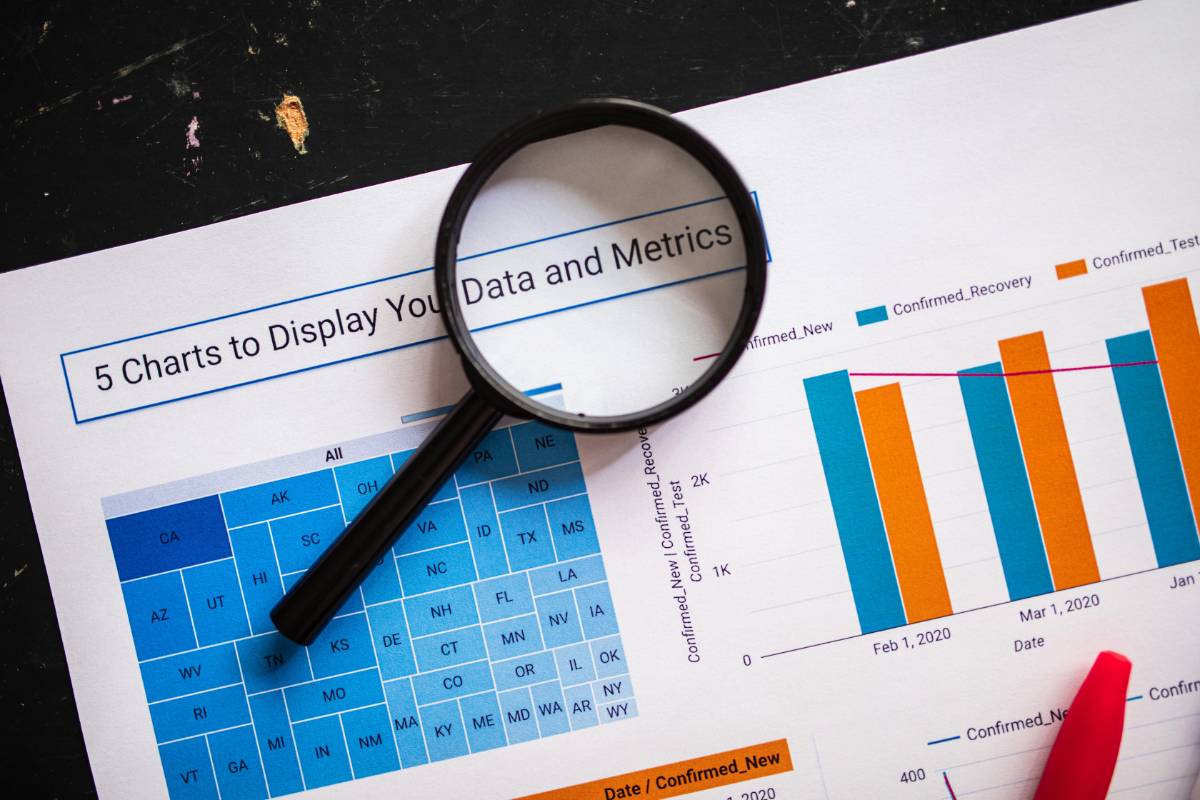
How to Save Money on Taxes: Tips for Individuals and Businesses
 By James Carter
By James CarterSaving money on taxes is a priority for many individuals and businesses. Whether you're a small business owner, a freelancer, or someone simply looking to reduce your tax liability, there are various strategies you can implement to keep more of your hard-earned money. In this article, we’ll explore several tips for both individuals and businesses to help minimize tax payments.

Tax Deductions for Individuals
Tax deductions are a great way to lower your taxable income and save money on taxes. Some common deductions include:
Mortgage Interest: Homeowners can deduct mortgage interest payments, which can provide significant savings, especially in the early years of the loan.
Student Loan Interest: If you're paying off student loans, you may be eligible to deduct up to $2,500 of the interest paid each year.
Medical Expenses: If your medical expenses exceed 7.5% of your adjusted gross income (AGI), you may qualify for a deduction.
Charitable Contributions: Donations to qualified charities can be deducted, which can reduce your tax liability.
Tax Credits for Individuals

Tax credits directly reduce the amount of tax you owe, making them even more valuable than deductions. Some key tax credits include:
Earned Income Tax Credit (EITC): This credit is available to low-to-moderate-income individuals and families and can significantly reduce tax bills.
Child Tax Credit: If you have dependent children under the age of 17, you may be eligible for a tax credit of up to $2,000 per child.
Education Credits: Credits like the American Opportunity Credit and Lifetime Learning Credit can help reduce the cost of higher education.
You might also like
1. Top Gainers and Losers on Wall Street This Month2. How to Build and Improve Your Credit Score3. Best High-Yield Savings Accounts in the USA4. How Inflation Affects Your Savings and InvestmentsTax Strategies for Businesses
Businesses also have a variety of tax-saving opportunities. Here are some strategies that can help businesses reduce their tax burdens:

Maximize Business Deductions: Businesses can deduct operating expenses such as office supplies, equipment, business travel, and employee wages. Keeping track of these expenses throughout the year can lead to significant savings.
Section 179 Deduction: This allows businesses to deduct the full purchase price of qualifying equipment and software in the year it is bought, rather than depreciating it over several years.
Retirement Plans: Contributing to retirement plans such as a 401(k) or a Simplified Employee Pension (SEP) IRA can reduce taxable income, both for employees and business owners.
Qualified Business Income Deduction: For pass-through businesses (e.g., LLCs and S Corps), the QBI deduction allows for up to a 20% deduction on business income.

How to Minimize Taxes on Investment Income
Investment income, such as interest, dividends, and capital gains, is often taxed at a higher rate than earned income. Here are some ways to minimize the tax burden on your investments:
Long-Term Capital Gains: Holding investments for over a year before selling them can lower the tax rate on capital gains, as long-term gains are taxed at a lower rate than short-term gains.
Tax-Efficient Investments: Investing in tax-advantaged accounts such as Roth IRAs, 401(k)s, or Health Savings Accounts (HSAs) can reduce your taxable income. Additionally, certain types of bonds, such as municipal bonds, are tax-exempt.
Offset Capital Gains with Losses: If you sell an investment at a loss, you can use that loss to offset gains from other investments, reducing your overall taxable income. This is known as tax-loss harvesting.
Tax Saving Tips for Freelancers and Contractors
Freelancers and contractors face unique tax challenges. Here are some strategies to help save money on taxes:
Track Business Expenses: As a freelancer, you can deduct a wide range of business expenses such as home office costs, software subscriptions, and travel. Keeping detailed records is crucial for maximizing these deductions.
Pay Estimated Taxes: Freelancers and contractors typically don’t have taxes withheld from their income, so it’s important to pay estimated taxes quarterly to avoid penalties.
Set Up a Retirement Account: Freelancers can set up tax-advantaged retirement accounts such as a Solo 401(k) or SEP IRA, which not only helps save for retirement but also lowers taxable income.
How to Save on State and Local Taxes
In addition to federal taxes, you may also face state and local taxes. Here are some strategies to reduce your state and local tax burden:
Relocate to a Low-Tax State: Some states have no income tax, such as Florida and Texas. Moving to one of these states can potentially save you thousands of dollars each year.
Use Tax Credits: Many states offer tax credits for things like education, renewable energy improvements, and charitable donations. Check with your state’s tax authority to see what credits are available.
Consider State-Specific Retirement Accounts: Some states offer tax-advantaged retirement accounts with higher contribution limits, which can help you save more on your state taxes.
The Importance of Tax Planning
Effective tax planning can significantly reduce your tax liability. It’s important to plan ahead by keeping track of your income, expenses, and deductions throughout the year. Working with a tax professional or financial advisor can help you take advantage of all available tax-saving opportunities and ensure that you’re prepared for tax season.
Conclusion
Saving money on taxes requires strategic planning and an understanding of available tax benefits. Whether you're an individual, business owner, or freelancer, taking advantage of deductions, credits, and tax-advantaged accounts can result in substantial savings. Stay informed about tax laws and consult with a professional to ensure you're minimizing your tax liability and keeping more of your money.
About the author
 By James Carter
By James CarterJames Carter is a seasoned finance writer with over 8 years of experience helping millennials and Gen Z take control of their money. With a background in economics and a passion for demystifying complex financial concepts, Ananya shares actionable tips on budgeting, investing, and building long-term wealth. Her mission is to make financial literacy accessible, relatable, and empowering — no jargon, just smart money moves.
More like this

Stock Buybacks: How They Influence Share Prices
Stock buybacks have become a common strategy for companies looking to boost share prices and reward investors. Understanding their impact can help investors make informed decisions.

Meme Stocks: Are They Making a Comeback?
Meme stocks took the financial world by storm in recent years, driven by online communities and retail investors. As market conditions shift, many wonder if these stocks are making a comeback.

Dividend Stocks vs. Growth Stocks: Where’s the Best Opportunity?
Investors often face a crucial decision when building their portfolios: Should they invest in dividend stocks for stability or growth stocks for higher returns? Understanding the differences can help in making the right choice based on financial goals and risk tolerance.

How Geopolitical Events Affect U.S. Stock Performance
Geopolitical events have a significant impact on the U.S. stock market, influencing investor sentiment, market volatility, and sector performance. Understanding these effects can help investors navigate uncertainty and make informed decisions.

AI and Automation: The Next Big Disruptors in the Stock Market
Artificial intelligence and automation are transforming industries, and the stock market is no exception. These technologies are reshaping investment strategies, trading mechanisms, and market dynamics at an unprecedented pace.

S&P 500 vs. Nasdaq: Where Should You Invest?
Investors often compare the S&P 500 and the Nasdaq when deciding where to allocate their funds. Understanding the differences between these indices can help you make a strategic investment choice based on your risk tolerance and financial goals.

Why Tech Stocks Are Leading the Market Again
Tech stocks are once again at the forefront of the market, driven by innovation, strong earnings, and investor optimism. As companies in the sector continue to expand their influence, understanding the reasons behind this surge can help investors make informed decisions.

The Impact of Federal Reserve Policies on the Stock Market
Federal Reserve policies play a crucial role in shaping the stock market. Interest rate decisions, quantitative easing, and regulatory measures directly impact investor sentiment and market performance. Understanding these effects can help traders and long-term investors navigate the evolving financial landscape.

Top Performing Stocks on Wall Street This Quarter
The latest quarter on Wall Street has seen significant movements, with some stocks outperforming expectations while others struggled to keep up. Understanding these trends can help investors make informed decisions moving forward.

U.S. Stock Market Outlook: What to Expect in 2025
As we move into 2025, investors are looking for insights into the U.S. stock market's potential trajectory. Market trends, economic policies, and global events will all play crucial roles in shaping investment opportunities.

Market Volatility: Should Investors Be Concerned?
Market volatility is a common concern for investors, especially in uncertain economic conditions. While fluctuations in stock prices can be unsettling, understanding the factors behind market swings can help investors navigate uncertain times with confidence.

Tech Stocks to Watch: Are We in Another Boom?
The technology sector has been a driving force in the stock market, and recent trends suggest another potential boom. With advancements in artificial intelligence, cloud computing, and semiconductor innovation, investors are eyeing key tech stocks for future growth.

How Federal Reserve Decisions Are Impacting U.S. Stocks
The Federal Reserve plays a crucial role in shaping the U.S. stock market. Interest rate adjustments, monetary policy shifts, and economic outlooks set by the Fed significantly influence market trends and investor sentiment.

Top Gainers and Losers on Wall Street This Month
The stock market is constantly shifting, with certain stocks outperforming while others struggle. This month, Wall Street has seen significant movements in both directions. Here’s a look at the top gainers and losers.

Latest Trends Shaping the U.S. Stock Market in 2025
The U.S. stock market is evolving rapidly, with new trends shaping investor strategies and market movements. Understanding these trends can help investors make informed decisions in 2025.

Emergency Funds: Why They’re Essential and How to Build One
An emergency fund is a crucial aspect of financial planning, providing a safety net for unexpected situations such as medical emergencies, car repairs, or sudden job loss. Having a well-established emergency fund can reduce stress and prevent you from going into debt when life’s unexpected events occur. In this article, we’ll explore why emergency funds are essential and how you can start building one today.


